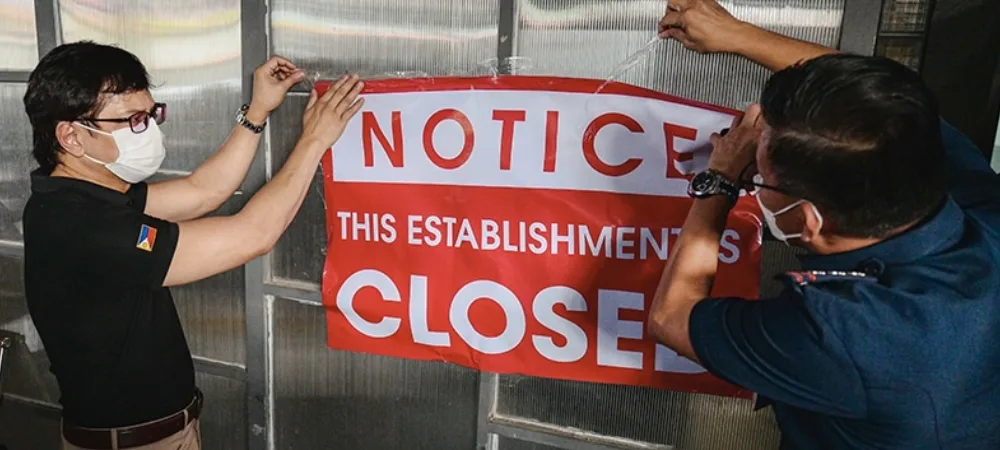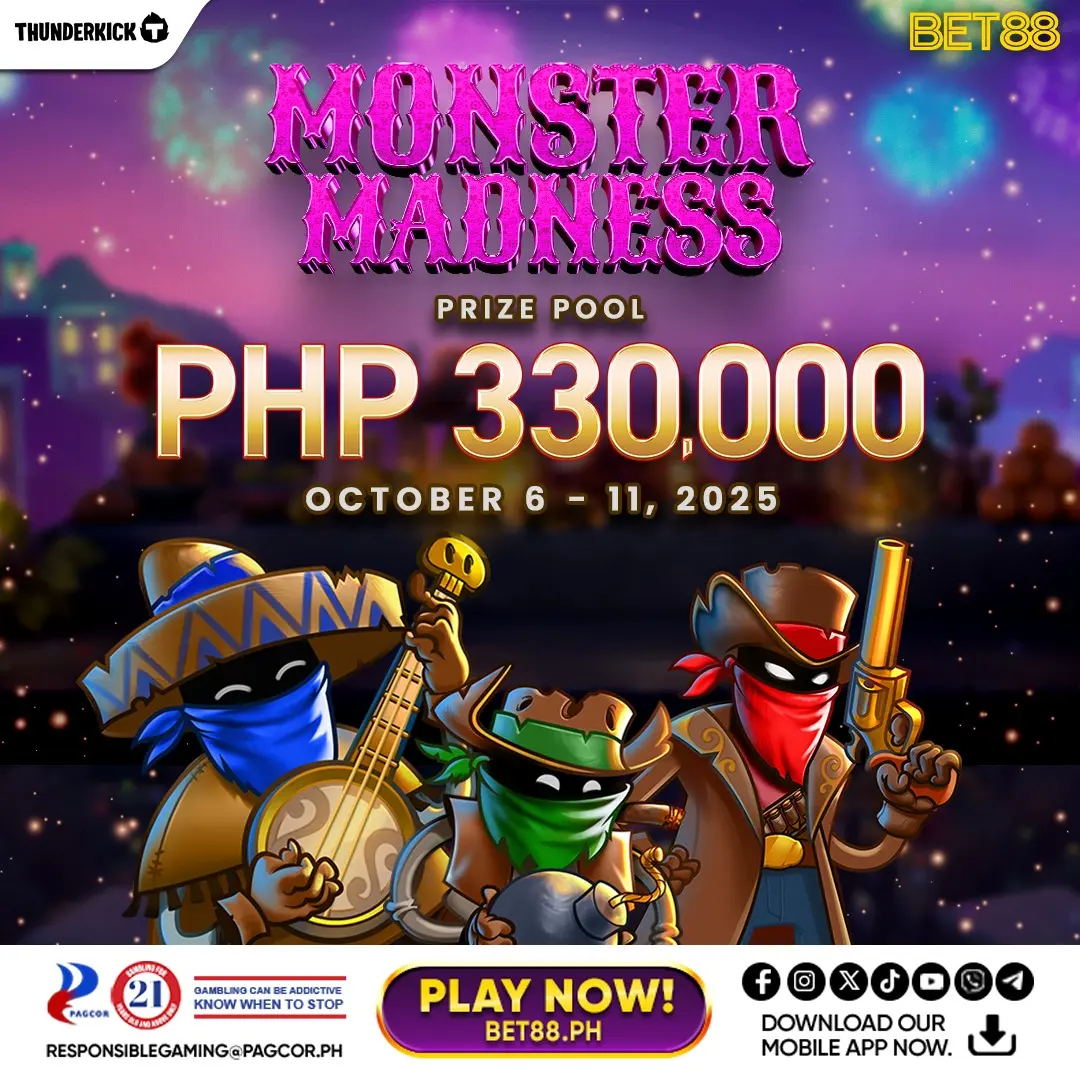Senator Sherwin Gatchalian, a long-time critic of Philippine Offshore Gaming Operators (POGOs), has once again questioned the industry’s economic value. He stressed that POGOs—now rebranded as Internet Gaming Licensees (IGLs)—contribute little to public funds despite their claims.
As chair of the Senate Committee on Ways and Means, Gatchalian released a Thursday update on his official website. He argued that POGOs consistently exaggerate their revenue impact to resist stricter regulation. However, he insisted that actual figures tell a very different story.
Gatchalian cited data from the Bureau of Internal Revenue (BIR). According to the agency, offshore gaming operators remitted PHP10.32 billion to the government in 2023. Meanwhile, the Philippine Amusement and Gaming Corporation (PAGCOR), the gaming regulator, collected PHP5.17 billion from the same industry during that period.
He further projected that BIR could collect PHP16.08 billion from the sector in 2024. Additionally, PAGCOR’s projected income from offshore licensees this year may reach PHP5.95 billion, assuming the industry maintains its average growth rate.
Still, Gatchalian maintained that these figures do not justify keeping the sector alive. On July 22, President Ferdinand Marcos Jr. announced that all POGOs must shut down operations in the Philippines by year-end. This statement marked a major shift in government policy.
During a Senate hearing later that month, PAGCOR Chairman Alejandro Tengco warned that the country could lose PHP23 billion annually in license fees and taxes if the ban proceeds. He noted that 43 licensees currently remain active.
Despite Tengco’s concerns, PAGCOR Assistant Vice President for External Communications, Catalino Alano, stated otherwise. He explained that POGOs represent less than 5% of the country’s total gross gaming revenue. Because of this, the financial impact of banning them would remain minimal.
In a separate interview with ABS-CBN News, Tengco proposed a partial exemption. He suggested that 14 B2B service providers supporting offshore platforms should continue operating. These companies do not offer consumer-facing services but employ over 9,000 Filipinos.
Gatchalian’s website post also highlighted workforce numbers. Based on data from the Department of Labor and Employment via PAGCOR, the POGO industry employs 25,064 Filipino workers. Even so, he called for urgent legislation to ensure that the POGO ban stays in place beyond President Marcos Jr.’s term, which ends in June 2028.
Furthermore, Gatchalian underscored the role of local government units (LGUs) in curbing illegal POGO activity. He encouraged LGUs to closely monitor the final months of 2024, especially as the national ban nears implementation.
Importantly, Gatchalian clarified that the upcoming ban would not impact licensed online gaming operations catering exclusively to the Philippine market.












